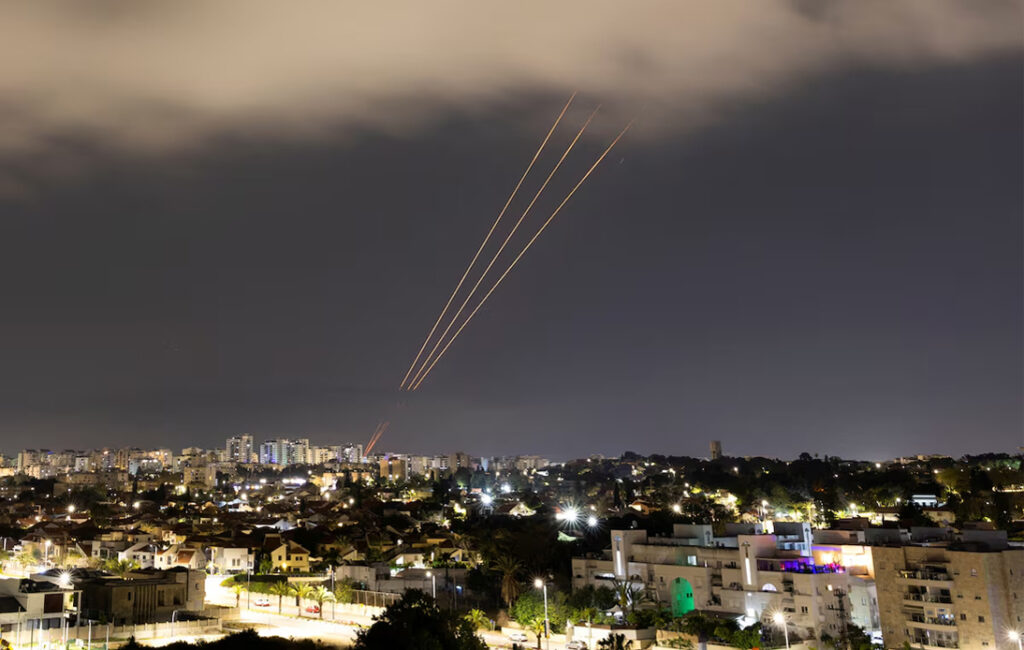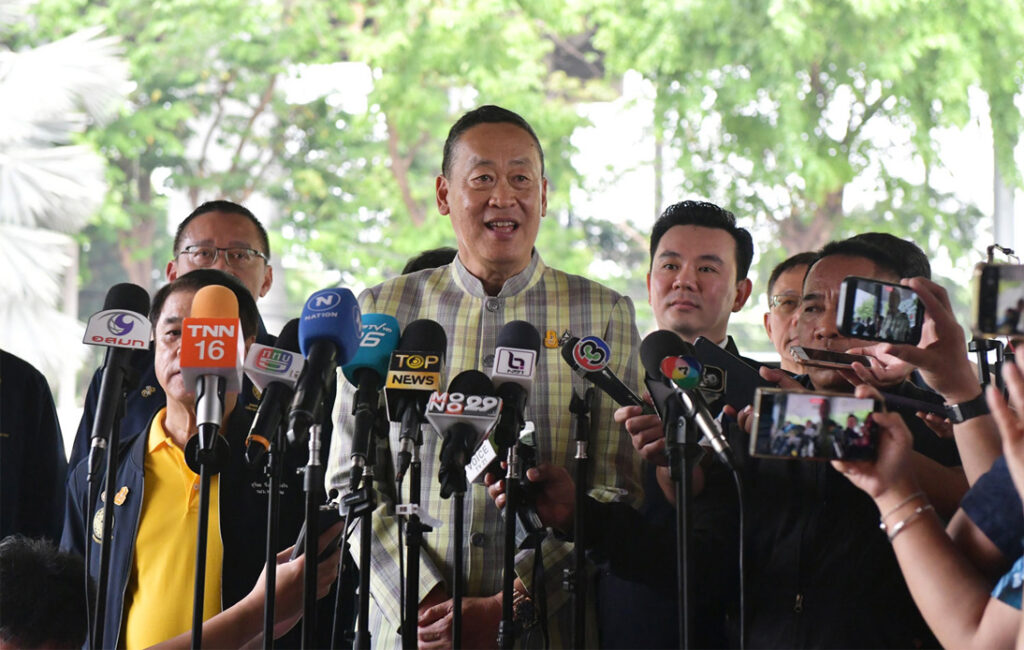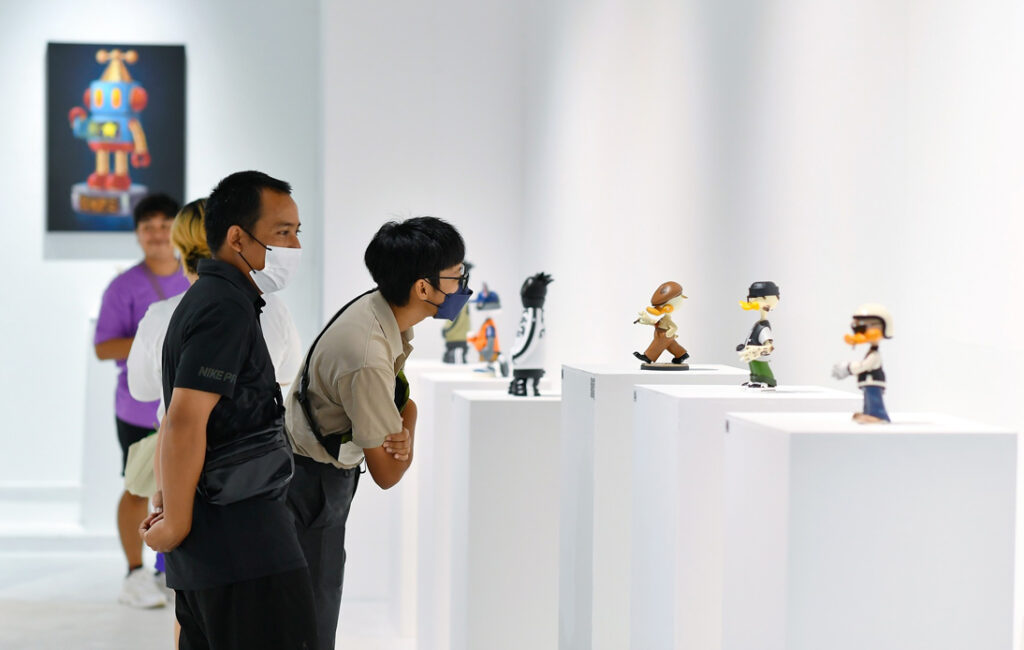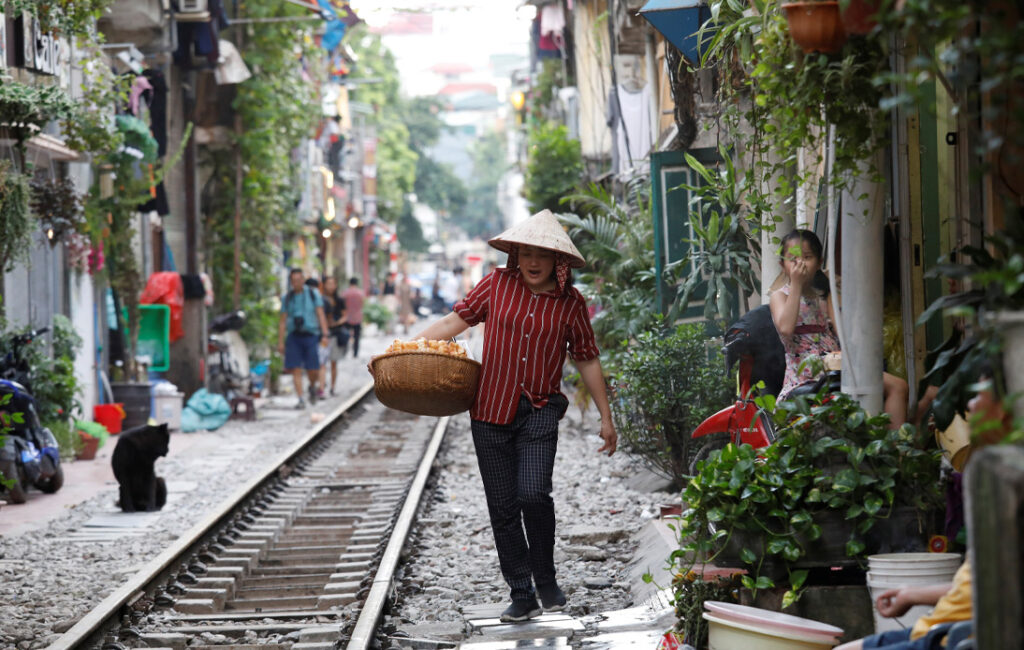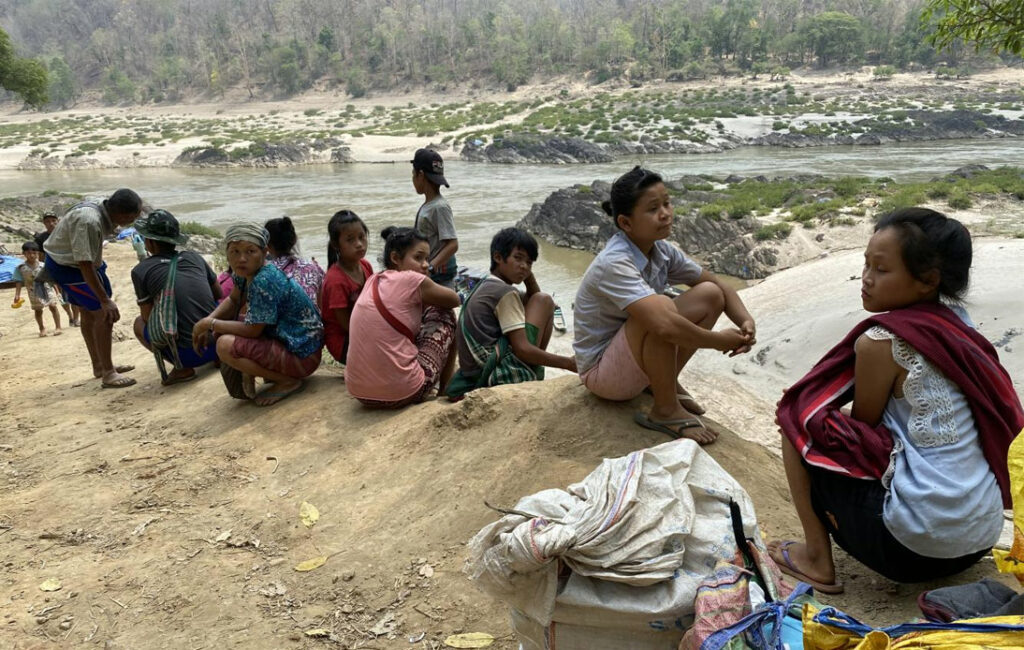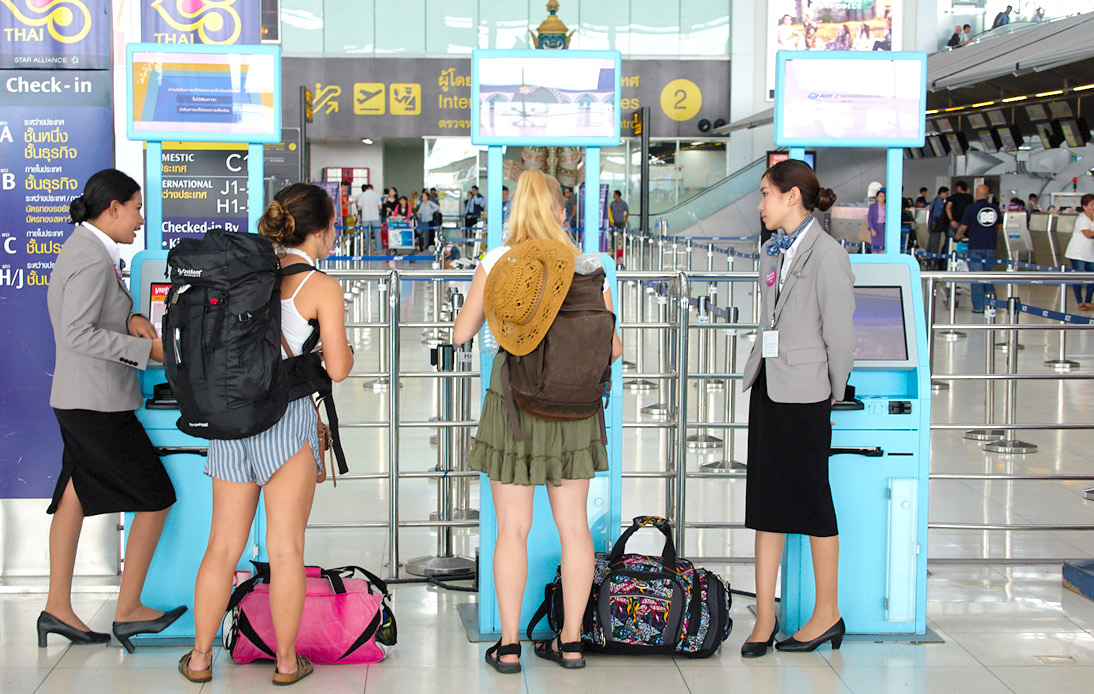
The Airports of Thailand (AoT) have announced that it would introduce self-check-in and luggage-loading services at Suvarnabhumi Airport to reduce contact between staff and passengers in a bid to mitigate the risk of coronavirus transmissions.
According to AoT president Nitinai Sirismatthakarn, 180 machines would be installed to perform self-service check-in and other tasks at the main gateway airport.
Mr. Nitinai said the machines would be tested this month before being set up in July. Moreover, he explained that a new AoT Airports App had been developed together with the services that will be rolled out to other Thai airports as part of a COVID-19 containment strategy.
The machines are linked to a database with flight information from other airlines, the Immigration Bureau, the Interior Ministry, and several security agencies, he added.
The system is intended to speed up pre-flight procedures and increase traveler confidence in AoT public health safety before resuming normal commercial flight operations. Mr. Nitinai also stated that it would be available to travelers without luggage who could use self-check-in kiosks at airports.
They could also download the AoT app to register for their flights before arriving at the airport.
AoT’s president said new self-service luggage chargers were being installed as part of the initiative to allow travelers with luggage to use the check-in kiosks. Furthermore, he said that charges for exceeding the maximum weight could also be paid on the spot through the interface.
After completing that step, travelers’ boarding passes would be available at unmanned biometric security stations.
Mr. Nitinai stated that the AoT also seeks to replace officials with the biometric system to verify boarding passes while passengers wait to board their flights.
Meanwhile, the International Air Transport Association (Iata) has asked the government to make data-driven decisions while considering reopening its borders.
Willie Walsh, Iata’s CEO, said well-implemented but quarantine-free strategies could allow international travel to resume while minimizing the risk of spreading the pandemic disease.
“Data should drive policies on restarting global travel that manage Covid-19 risks to protect populations, revive livelihoods and boost economies,” he said.
Mr. Walsh commented that there is no single solution to handle all levels of risk. However, he mentioned the need to justify the economic and social cost of the unnecessarily high measures adopted by most nations.
“Everybody can respect a data-driven decision. That is the way back to normality,” he added.




